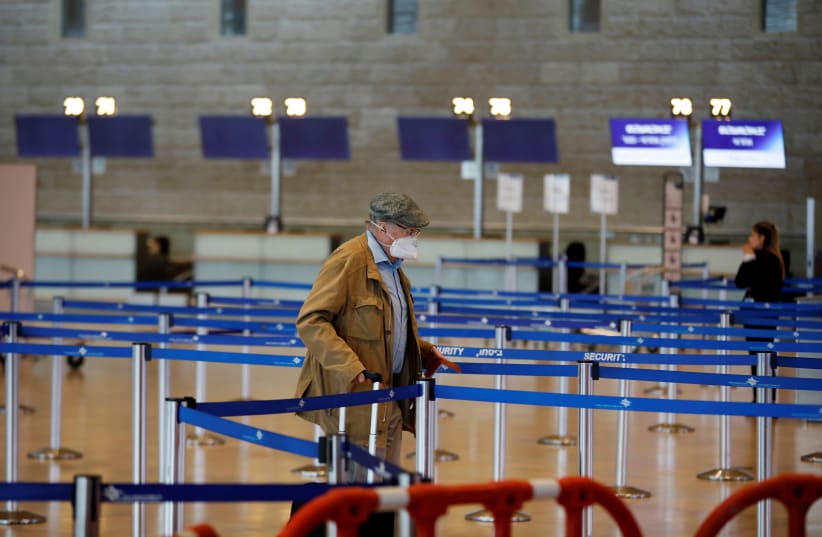The 'COVID-19 and Tourism' report released by The United Nations Conference on Trade and Development (UNCTAD) is based on three scenarios for the industry, with lockdown measures lasting 4 months, 8 months and 12 months.
In those scenarios, revenues would fall $1.17 trillion, $2.22 trillion and $3.3 trillion respectively or between 1.5-4.2 percent of the world's gross domestic product (GDP).
The report did not say which scenario was most likely, although an UNCTAD official said the middle scenario "could be a realistic one."
"International tourism has been almost totally suspended, and domestic tourism curtailed by lockdown conditions imposed in many countries," the report said.
"Although some destinations have started slowly to open up, many are afraid of international travel or cannot afford it due to the economic crisis."
The United States incurs the highest losses in all three scenarios, with a $187 billion drop in the one lasting just four months, followed by China with $105 billion. Thailand and France also stand to lose approximately $47 billion each.
Small island states such as Jamaica stand to suffer big losses in proportion to their economies, facing an 11 percent fall in GDP or $1.68 billion.
The US loss in the "pessimistic" scenario is $538 billion, or three percent of GDP.
The UNCTAD report covers 65 individual countries and regions. It calls for governments to boost social protection for affected workers in badly-hit nations.
Some of the estimates are comparable to those in a previous U.N. report by its World Tourism Organization in May, which found that tourism numbers could fall by 60-80 percent compared with 66 percent in UNCTAD's intermediate scenario.
